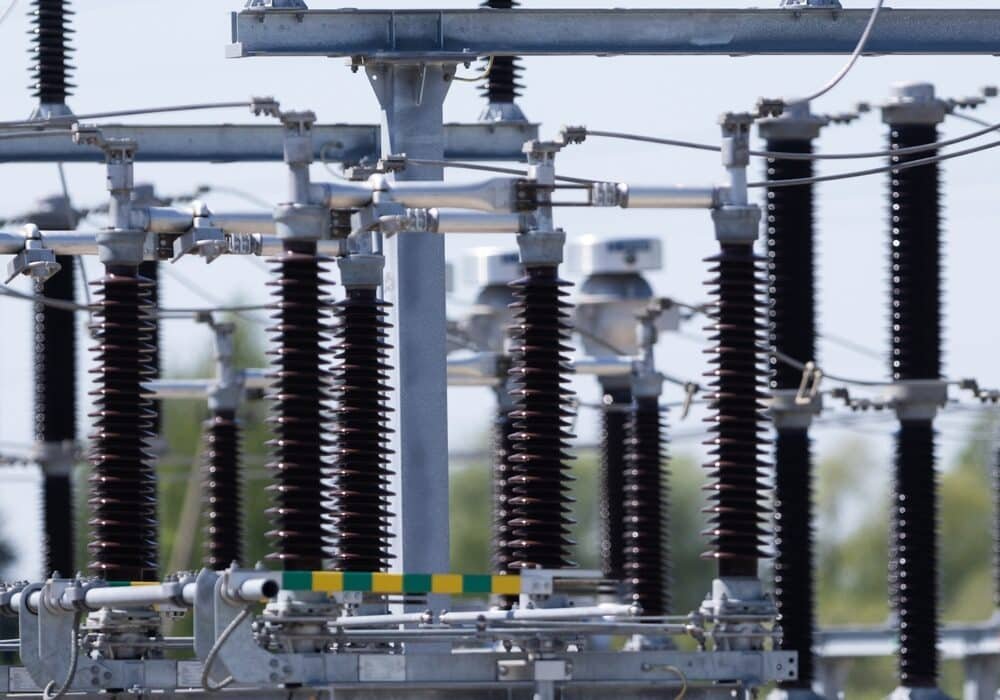Stable energy systems are essential for modern living, ensuring seamless access to electricity for homes, businesses, and industries. By maintaining consistent power, they reduce disruptions, safeguard critical infrastructure, and support economic growth. Reliable energy sources also foster innovation and development while enhancing the quality of life for communities worldwide.
In Cebu, power stability is essential for sustaining its role as a regional economic hub. The province relies on energy to support industries such as manufacturing, IT-BPO, tourism, and export trade. Consistent electricity supply attracts investors, ensures business continuity, and drives the development of economic zones. Moreover, reliable power underpins Cebu’s infrastructure projects and enhances its appeal as a vibrant center for commerce and innovation.
In line with this, Cebu’s business community is urging prioritization of reliable energy solutions to attract more investments and drive job creation across the province. Mandaue Chamber of Commerce and Industry (MCCI) President Mark Ynoc highlighted the importance of a stable power supply in overcoming the challenges posed by the pandemic and fostering economic recovery. “When there is a pressing need for power then we need additional generation capacity and infrastructure,” Ynoc stated. He stressed that the province’s growing population and expected influx of investments make it crucial to expand energy generation capacity and infrastructure.
Cebu’s growing energy demand
The Philippine Energy Plan states that peak demand in the Visayas is projected to rise significantly, from 2,464 megawatts in 2023 to 10,678 megawatts by 2050. Cebu’s power consumption already surpasses the national average, showing consistent year-on-year growth.
According to the National Grid Corporation of the Philippines (NGCP), the energy supply and demand in the Visayas region are currently balanced. The region’s power plants are capable of generating 2,400 MW of electricity, surpassing the demand of 2,200 MW by 200 MW. However, Cebu accounts for half of the total demand, and with its current growth rate, the region may face increasing pressure to meet future energy needs.
This growing demand aligns with Central Visayas’ status as the Philippines’ fastest-growing regional economy, which expanded by 7.3% in 2023. The Philippine Statistics Authority (PSA) stated that Central Visayas’ economy is valued at approximately PhP 1.38 trillion in 2023, up from PhP 1.29 trillion in 2022. Key drivers of this growth include wholesale and retail trade, motor vehicle and motorcycle repair, transportation and storage, as well as accommodation and food services.
Former MCCI President Steven Liu noted that Cebu’s power supply will play a crucial role in attracting new direct investments. He stressed the importance of addressing the province’s energy needs, stating, “we should continue to be allowed to invest and build new baseload power plants to cover our medium-term energy requirements.”
Liu also highlighted Cebu’s reliance on key sectors like BPOs, manufacturing, tourism, and other industries that sustain the local population. “Hence, a stable and sufficient power supply is a must for its survival,” he affirmed.
At the Freeman’s power forum, “Powering Cebu: A Cebu Energy Talk,” Alfred M. Reyes, president of the Hotel Resort and Restaurant Association of Cebu Inc., underscored the importance of ensuring energy security for the island, particularly to support its tourism sector. “More or less in the next three years, we are looking at somewhere between 2,000 to 4,000 additional rooms in [the tri-cities of] Cebu,” he said. Reyes also pointed out the challenges posed by rotational blackouts, noting that many hotels lack generators capable of operating 24/7. “Energy is something that you cannot compromise. Once you’re out of energy, automatically your guests will move to properties that can provide 24/7 electricity,” he explained.
In a previous interview, NGCP assistant vice president and head of public affairs, Atty. Cynthia Perez-Alabanza, asserted the growing need for additional power plants in Cebu as energy consumption rises with the economy’s full reopening.
She noted that even during the pandemic slowdown, power demand showed an upward trend. With the economy now fully reopened, she pointed out that there has been a significant increase in power requirements. Alabanza further highlighted Cebu’s central role in the region’s energy landscape, stating, “All roads lead to Cebu when we talk about power consumption in the Visayas.”
Previously, Cebu Governor Gwen Garcia called for urgent action on the power supply issue, stating, “We cannot continue to depend primarily on others for our power. We must achieve self-sufficiency, not by 2027, but right now.”
Government agencies support the push for stable energy
Energy stability was one of the main issues discussed at the 6th Paderanga-Varela Memorial Lecture, where experts addressed the Philippines’ challenge of balancing energy security with the urgent need to minimize its carbon footprint.
DOE Undersecretary Rowena Cristina Guevara discussed potential criteria for new self-use coal plants that would not fall under the coal moratorium. One key criterion is securing a guaranteed offtake contract from a single mining company, with terms limited to the company’s operational period. Additionally, the end user of the power must supply essential industries within the renewable energy (RE) supply chain. These provisions are designed to ensure that new coal plants contribute positively to the country’s energy transition.
The DoE previously stated that power producers could choose to construct coal-fired power plants exempt from the coal moratorium to function as baseload facilities. Based on the private sector’s proposed projects and data from generation companies and the NGCP, Guevara said there are “51 potential coal plants, not covered by the 2020 coal moratorium, totaling 20.3 gigawatts.”
Additionally, she stressed the importance of coal in energy security. “However, coal power plants have a role to play in the Philippine energy transition,” she stated. “We still have a growing economy to support and our RE power plants are still to be built.” This highlights the ongoing need for a balanced energy approach as the country transitions to more sustainable energy sources while meeting its current power demands.
Source: Biz leaders: Stable power vital to attract investments


